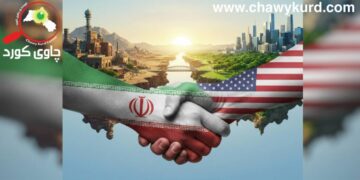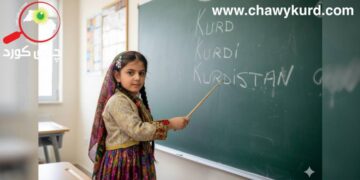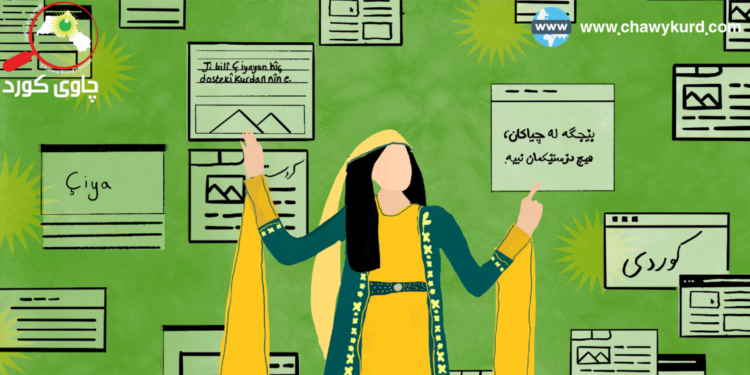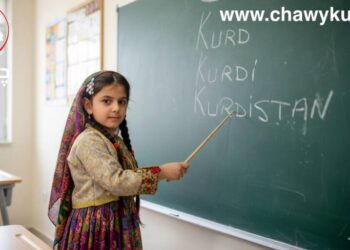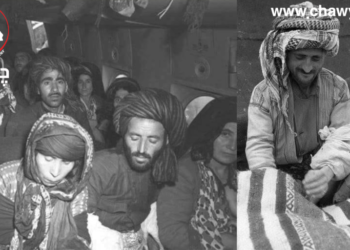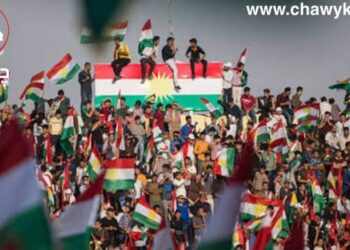Inspired by studies on minority languages and feminist approaches in translation, this article analyzes a small corpus of Kurdish literature in English translation, examining the key actors, practices, and the resulting image of Kurdish literature it presents. Lacking state and institutional support, Kurdish translation initiatives are largely individual, supply-driven efforts, often taking the form of activism.
Historical Development and Actors
The translation of Kurdish literature into English has evolved through several phases. Early efforts in the 20th century were led by Orientalists and Iranologists, who focused on folklore and classical texts, though their work was limited. A significant shift occurred from the 1980s onwards with the growth of the Kurdish diaspora. Translation became a form of cultural and political activism, aiming to raise Western awareness of the Kurdish cause. This era was characterized by collaborations between Kurdish cultural figures and European activists, often resulting in publications by advocacy groups.
Since the 2000s, a trend towards professionalization has emerged. New translators include Kurdish writers in exile with strong ties to Anglophone literary circles, professional translators with backgrounds in non-literary fields, and a new generation of young scholars and students within the Kurdistan Region of Iraq (KRI), fostered by the growth of English-language universities and cultural institutes like Kashkul. Despite this evolution, the diaspora remains key for accessing resources and publication outlets, and the driving motivation continues to be advocacy rather than market demand.
Collaborative Translation as a Collective Endeavor
Co-translation is the dominant mode for Kurdish literature. This often involves collaborations between spouses, friends, and poets. Formalized collaborative methods, such as those promoted by the Poetry Translation Centre (PTC) in the UK, pair a “language expert” who provides a literal rendering with an English-language poet who crafts the final version.
While this approach enables the translation of a lesser-known language, it is not without power imbalances. It risks demoting the native speaker to an intermediary role while the Anglophone poet is credited as the “translator.” Furthermore, the emphasis is often on producing a fluent, accessible English text, which can lead to domestication strategies. The need for collaboration also highlights the lack of resources, such as comprehensive dictionaries and established literary translation traditions for Kurdish.
The Resulting Representation of Kurdish Literature
The body of Kurdish literature available in English presents a partial and politicized picture that diverges from the canons within Kurdistan.
- Over-representation of Sorani: The vast majority of translations are from the Sorani dialect and feature authors from Iraqi Kurdistan. The largest dialect, Kurmanji, is significantly under-represented, as are writers from Turkey, Syria, and Iran. This is due to historical ties between the UK and Iraq and the recent development of cultural institutions in the KRI.
- Dominance of Poetry: Modern poetry is the overwhelmingly dominant genre, reflecting the personal interests of translators (many of whom are poets themselves) but neglecting the rising prominence of the Kurdish novel and other prose forms.
- Absence of Classical and Oral Literature: To appeal to Western readers, there is a strong focus on modern poetry that breaks with classical forms. Consequently, the rich classical and oral traditions of Kurdish literature, with the notable exception of the epic Mam and Zin, are almost entirely absent.
- Invisibility of Women: Despite the crucial role of women as translators, editors, and activists, women writers are severely under-represented in published anthologies and single-author collections.
- A Highly Politicized Canon: The selection of texts and their presentation in paratexts (introductions, forewords) heavily emphasize political themes of resistance, suffering, and national struggle. Forewords are often written by political figures, and the content is framed within a socio-political rather than a literary context. This reinforces a stereotype of Kurds as primarily political actors rather than cultural producers.
In conclusion, the English translation of Kurdish literature has been an uneven and largely activist-driven endeavor. While it has provided a vital platform for a minoritized language, it has resulted in a fragmented canon that over-emphasizes modern, politically charged Sorani poetry, while marginalizing other dialects, genres, and the significant contributions of women writers.






